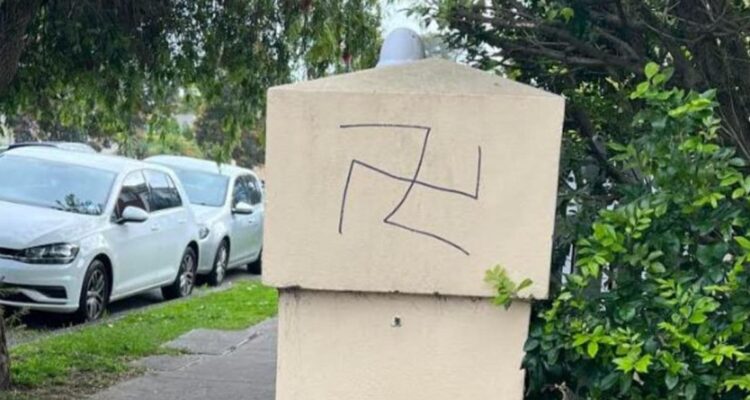For the most part, my childhood in Australia was free of anti-Semitism. This led me to believe we had left that hatred behind in the Soviet Union, when we emigrated in 1987. In Australia, my family moved house every couple of years as new migrants finding their way tend to do, and in my early teenage years we came to live in a modest, low-rise apartment block in middle-class Randwick in Sydney’s eastern suburbs. Soon we realised how deluded we had been. Directly above us lived a couple from Austria. The man was ageing but tall and vigorous, with a deep, resonant voice and a farmer’s build. When he met my father, who spoke with a strong Russian accent and whose pale blue eyes and fair complexion hardly betray his ethnicity, the neighbour was genial to a fault. Then he saw my mother, and everything changed.
Upon learning that the new occupants were Jews, our neighbour would stand on his balcony and bellow at us, night after night, alternating between a thunderous guttural roar and a sneering tone full of menace, “Hitler didn’t finish the job, I will finish it for him”. An evening serenade that continued for weeks. It was terrifying to hear. It became difficult to sleep beneath such a man, and it pained me to see the fear that returned full bore to my parents’ eyes.
Why did he hate us so? What did he think we had done? What did he think we intended to do beyond living simple, honest lives as hopeful migrants in a new land?
Read the article by Alex Ryvchin in The Australian.

